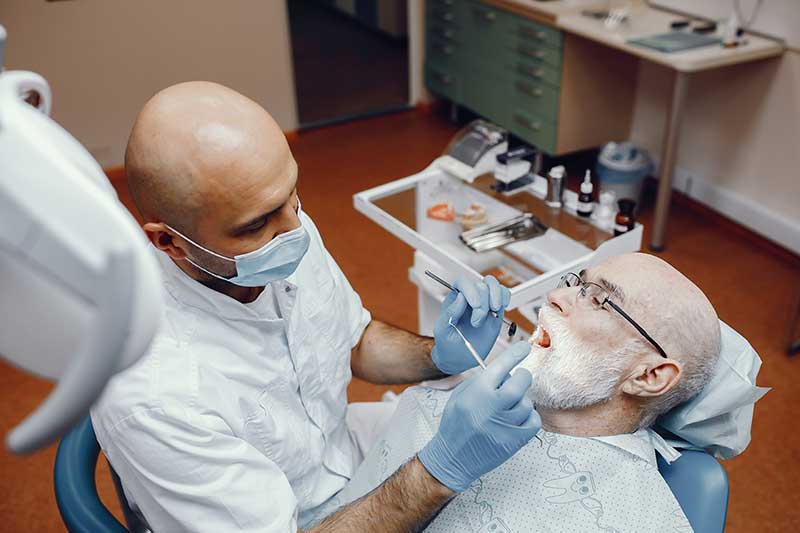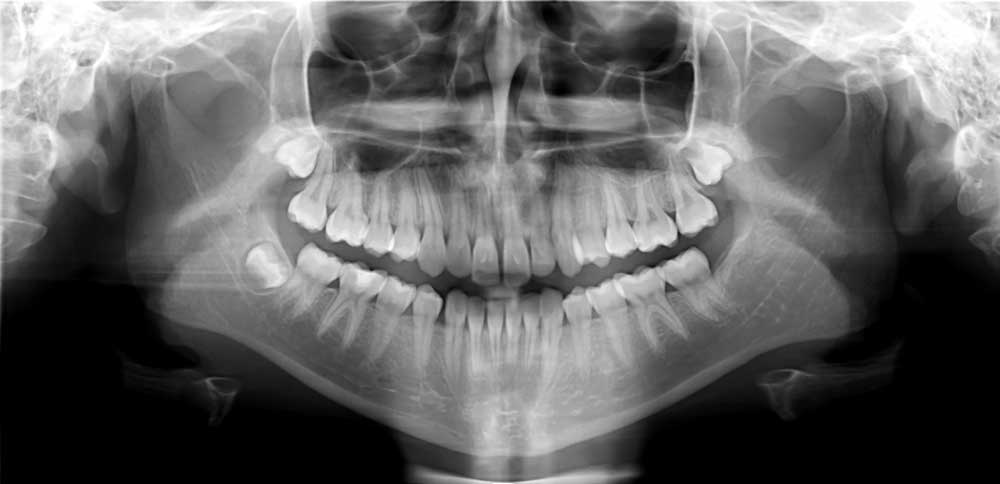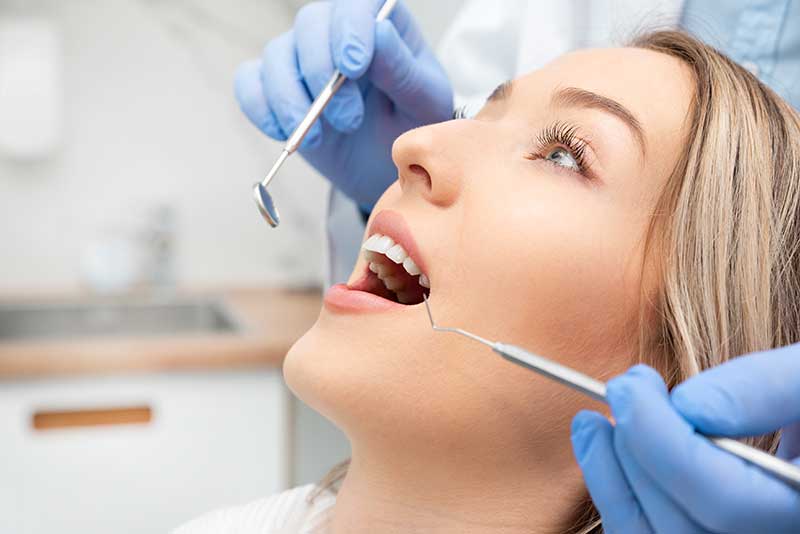
What You Should Know About Oral Cancer
April is oral cancer awareness month. At Kenmore Smiles Family Dentistry, we like to use the opportunity to help spread awareness about oral cancer. Although no one wants to think about things like facing a cancer diagnosis, it is important to be aware of oral cancer, its signs and symptoms, and risk factors for developing it.
Signs and Symptoms of Oral Cancer
If you notice any of the following signs or symptoms in or around your oral cavity, and they do not resolve on their own within two weeks, schedule an exam right away:
- White or red patches
- Irritation or mouth sore that won't heal
- Crust or eroded area
- Lump, thickening, or rough spot(s)
- Tenderness, pain, or numbness
- Changes with your bite
- Difficulty swallowing or chewing
- Difficulty moving your tongue or jaw
- Sore throat or feeling like something is lodged in the throat
- Hoarseness or other changes with your voice
Symptoms and location can vary from patient to patient and between cancer types. If you notice any unusual changes that do not clear up, schedule an exam as soon as possible.


Oral Cancer Risk Factors
There are several factors that put individuals at an elevated risk of developing oral cancer. These include:
- Alcohol use
- Tobacco use (smoking or chewing)
- Human papillomavirus (HPV)
- A previous oral cancer diagnosis
Men are twice as likely to develop oral cancer than women, and individuals over the age of 50 who smoke and drink excessively are at the highest risk.
Schedule a Dental Checkup and Oral Cancer Screening in Kenmore
As is the case with most forms of cancer, early detection is key to the most successful treatment. During regular dental checkups and cleanings, Dr. Mott at Kenmore Smiles Family Dentistry screens every patient for signs of oral cancer.
An oral cancer screening includes a visual examination of the patient’s oral cavity (cheeks, lips, gums, tongue, and throat) in addition to palpating the patient’s soft tissues around the mouth, cheeks, and neck to feel for unusual growths. If anything unusual is detected, Dr. Mott will discuss further steps for diagnosis with the patient, which might include additional testing or scheduling an appointment with the patient’s general practitioner.
If you maintain a regular schedule of dental exams, our dentist has a better chance of detecting changes that could indicate early signs of cancer or precancerous lesions. Be sure to remember to schedule your next dental exam.










